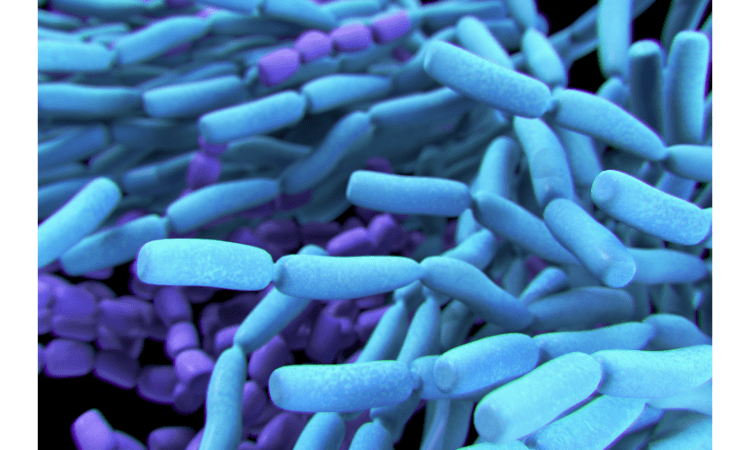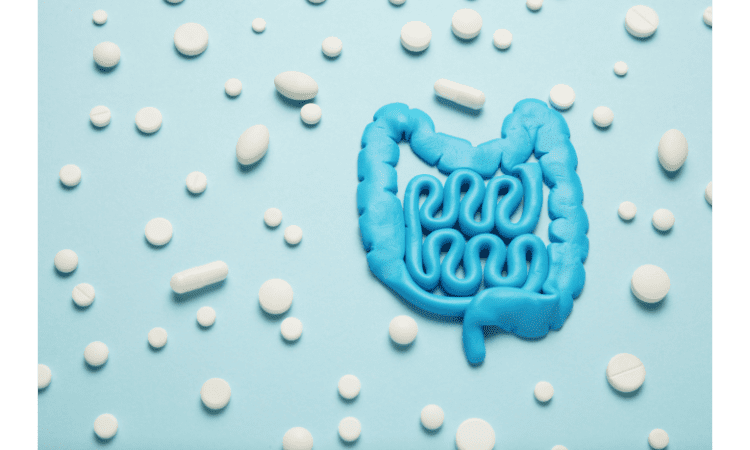
Probiotics are a necessary part of good health and disease prevention. They can help keep your gut healthy by increasing the number of “good” bacteria in your digestive system, which helps prevent bad bacteria from growing. Probiotics also help with overall wellness by encouraging the growth of good bacteria throughout the body and fighting off illness-causing microbes that may enter through food or other sources.
What are probiotics?

- Probiotics are found in foods, dietary supplements, and on some types of skin care products
- Probiotics are live microorganisms that are thought to be beneficial to health. They can be found in some foods, especially fermented foods.
- Probiotics are also available in supplement form and have been used for over a century in many cultures around the world to improve digestive health, support immune function and help with mental health conditions such as depression or anxiety.
- The word “probiotic” comes from two Greek terms meaning “for life.” Specifically, probiotic refers to living microorganisms that help balance the body’s natural system by improving existing bacteria or creating new colonies of well-being-enhancing bacteria within the gastrointestinal tract.
- Probiotics are found in foods, dietary supplements, and some types of skin care products.
Several Research studies show that probiotics are helpful in the sports sector also.
Types of probiotics bacteria

The science and market size of probiotics is growing rapidly, but it’s still not as clear-cut as many people would like. There are countless strains of bacteria that are considered to be probiotics, and the benefits vary by species.
The most commonly used strains of bacteria in probiotic supplements include:
- Lactobacillus acidophilus
- Bifidobacterium bifidum
- Streptococcus thermophilus (a type of lactic acid bacteria)
- Lactococcus lactis (another type of lactic acid bacteria)
How do probiotics work?
Probiotics are live microorganisms that can help restore the natural balance of good bacteria in your gut and promote overall health.
Probiotics help the body maintain a healthy balance of bacteria in the gut, where they help fight off infections, allergies, and diseases. They also aid it with digestion and absorption of nutrients from the food we eat.
Probiotics work by replacing bad bacteria with good ones, which helps treat conditions like inflammatory bowel disease (IBD), irritable bowel syndrome (IBS), constipation, and diarrhea. Probiotics may also reduce your risk for cancer by lowering inflammation throughout your body or improving intestinal infection or immune system response against tumors.
What are the foods we get probiotics?

The main source of probiotics is fermented foods. Fermented foods have been fermented with the help of bacteria, yeast and/or mold. Yogurt is probably the most popular example of a food that contains probiotic cultures. Other examples include kimchi (the spicy Korean condiment), kefir (a fermented milk product), and sauerkraut (fermented cabbage).
There are also supplements available that contain probiotic strains like Lactobacillus acidophilus or Bifidobacterium bifidum. You can take these supplements if you don’t want to eat any of these foods in order to boost your intake of specific strains or generic groups.
Health benefits of probiotics

Probiotics are living microorganisms that, when consumed in the right amounts, can help improve a person’s health. There are many different types of probiotics, and they come in a variety of forms—you can find them in foods such as yogurt and kefir or take them as supplements.
Probiotics are beneficial because they:
- Help with digestive issues such as diarrhea or constipation
- Reduce allergic reactions (such as food allergies)
- Help prevent eczema flare-ups
- Keep blood sugar levels stable in people with diabetes
Probiotics also have been shown to fight cancerous tumor treatment; however, further research is needed to determine whether this benefit extends beyond laboratory settings.
The side effects of probiotics

While probiotics have been shown to have a positive effect on many people, they can also cause side effects in some individuals. Most commonly, these are mild and involve bloating and gas. However, there are also rare cases where probiotics can cause more serious problems such as an allergic reaction (including difficulty breathing), diarrhea or nausea. If you experience any of these symptoms after taking a supplement containing probiotics, stop using the product immediately and speak with your doctor about other options for improving your digestive health.
Conclusion
Probiotics are a great way to improve your digestive health. They can help you prevent and treat conditions like irritable bowel syndrome, diarrhea, and constipation by increasing the number of good bacteria in your gut. They also help reduce inflammation which is thought to be one of the causes of several chronic diseases such as type 2 diabetes or rheumatoid arthritis.
Some additional information and resources about probiotics:
- https://www.worldgastroenterology.org/UserFiles/file/guidelines/probiotics-and-prebiotics-english-2017.pdf
- https://pubmed.ncbi.nlm.nih.gov/30462938/
Also Read :- 12 Surprising Benefits of Walking for Healthy Life











